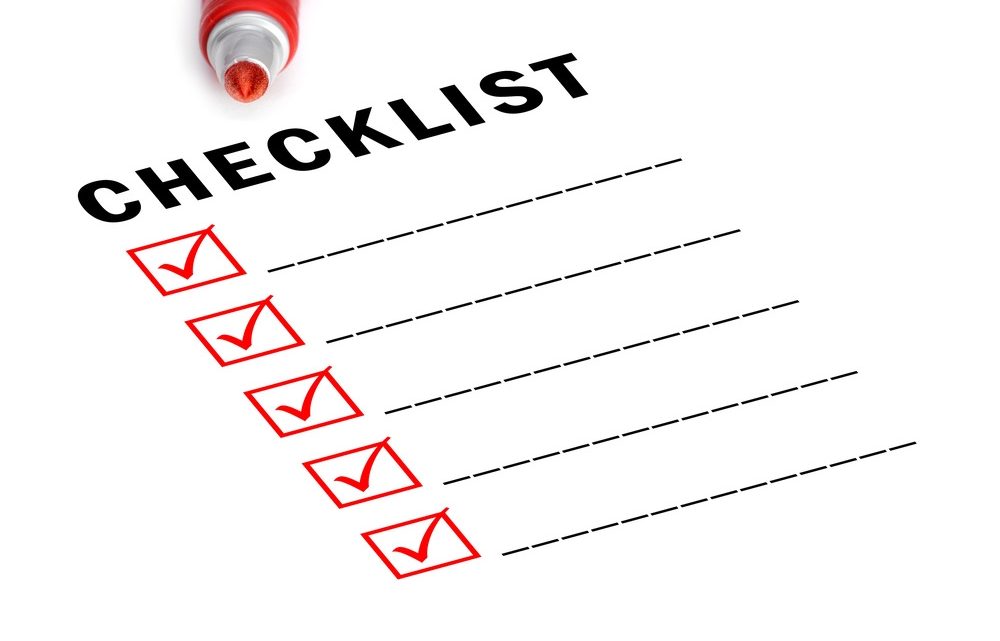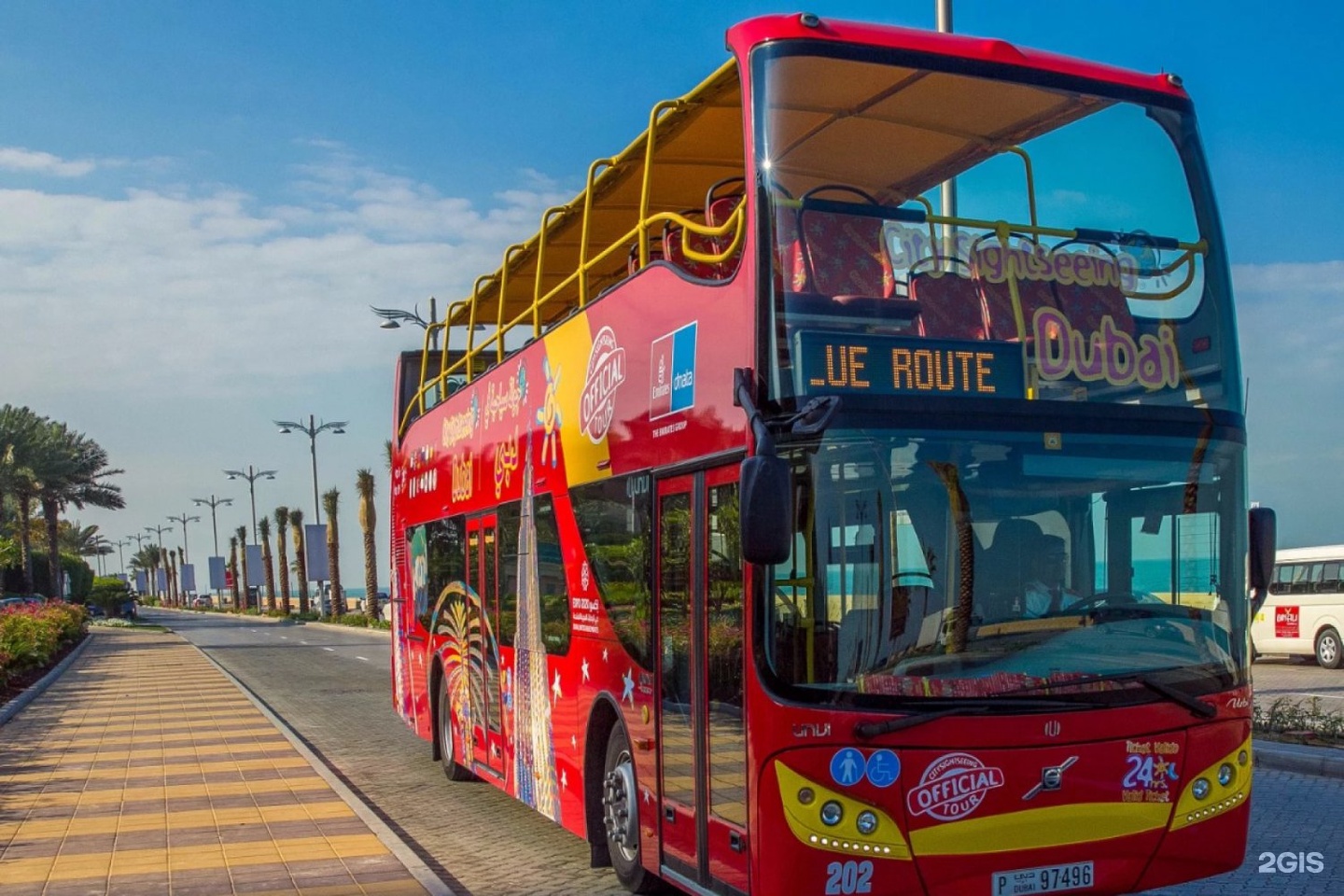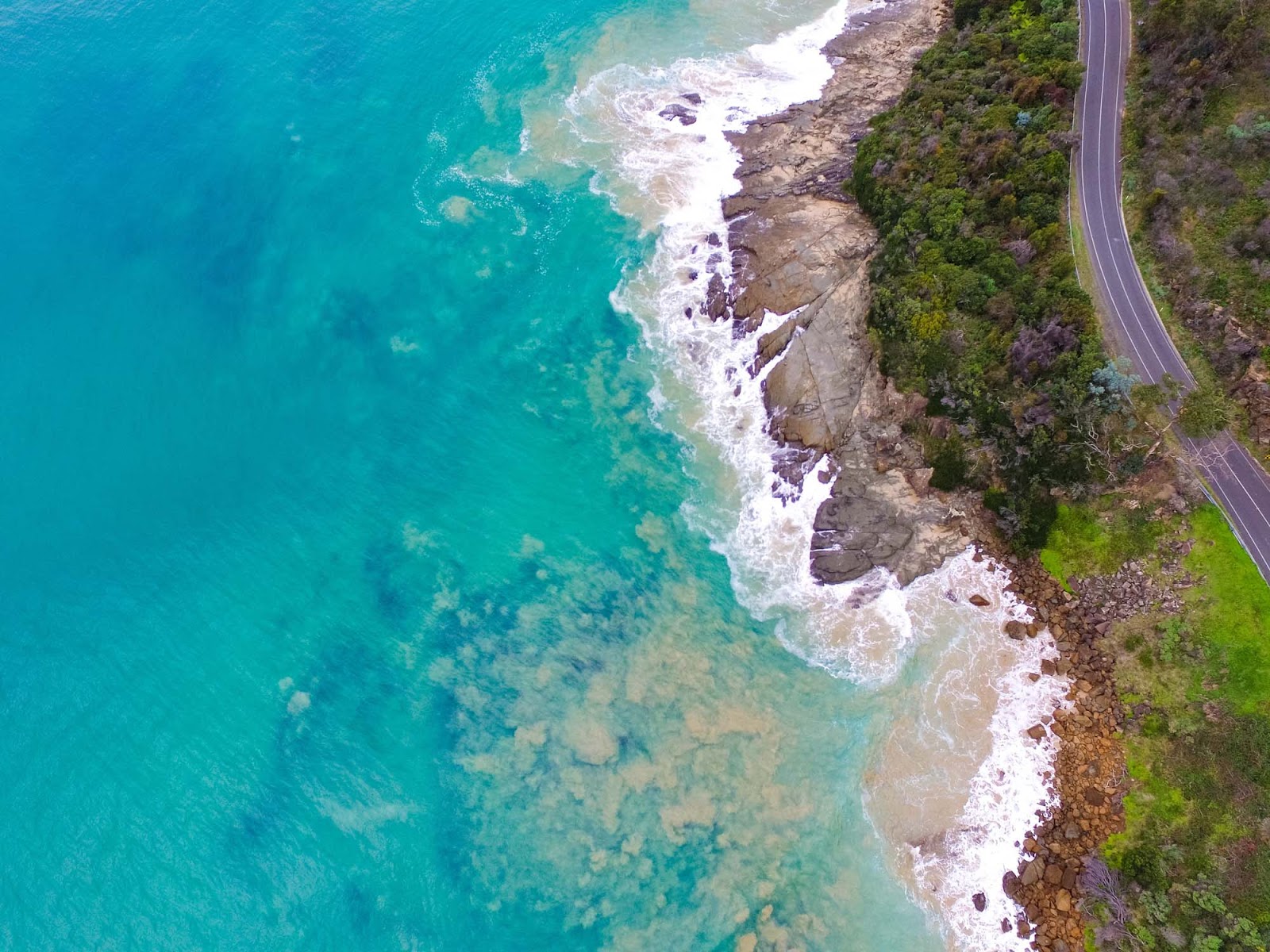
Essential Checklist for Missionary Travel – Mission Trip Checklist
Embarking on a meaningful expedition requires careful planning and attention to detail. Whether you are headed to a far-off land or a close-knit community, the right preparations can significantly enhance your experience and ensure you make the most of your time spent in new environments. Understanding what essentials you’ll need can ease your mind and allow you to focus on what truly matters: connection, growth, and impact.
As you set out on this transformative experience, it is crucial to compile a list of items that will support your endeavors. From practical gear to personal items, thoughtful organization can help you navigate challenges and seize opportunities as they arise. This guide aims to provide you with insights into what to pack, so you can approach your mission with confidence and enthusiasm.
With the right tools at your disposal, you’ll be better equipped to engage with others, face unforeseen circumstances, and fully immerse yourself in the cultural and social dynamics of your destination. As you prepare to embark on this adventure, take the time to review the components that will contribute to a rewarding experience, ensuring you’re ready for every moment that comes your way.
Essential Gear for Missionary Travel
When embarking on a meaningful expedition, having the right equipment can make a significant difference in the overall experience. Selecting the appropriate items ensures that one is well-prepared for various circumstances, enabling a focus on the mission at hand rather than logistical challenges. Here are key essentials to enhance readiness and effectiveness during your undertaking.
1. Durable Backpack: A sturdy and spacious backpack is crucial for carrying personal belongings, supplies, and resources comfortably. Look for one that is lightweight yet resilient, with ample compartments for organization.
2. First Aid Kit: A well-stocked medical kit is vital for addressing minor injuries or health issues that may arise. Include items such as band-aids, antiseptic wipes, pain relievers, and any personal medications.
3. Portable Charger: Access to power sources can be limited, making portable chargers essential for keeping devices functional. Opt for a reliable solar charger or a high-capacity power bank to ensure connectivity.
4. Multi-tool: A versatile multi-tool can greatly assist in a variety of situations, from meal preparation to repairs. Look for models that include essential tools such as a knife, pliers, and screwdriver.
5. Weather-Appropriate Clothing: Dressing appropriately for the climate and terrain plays a crucial role in comfort and safety. Bring breathable fabrics for warm locations and layered clothing for cooler areas.
6. Water Purification System: Access to clean drinking water can be a challenge in some regions, so having a portable water filtration or purification system is essential for maintaining hydration and health.
7. Local Language Guide: Communication is key to connecting with people in new environments. A guidebook or app with basic phrases can facilitate interactions and enhance cultural understanding.
By equipping yourself with these vital items, you can ensure a smoother experience and dedicate your energy to the mission and community you are serving.
Packing Tips for Different Destinations
Preparing your belongings appropriately is essential for any excursion, especially when visiting regions with distinct climates, cultures, and activities. Tailoring your packing strategy to suit the environment and local customs can significantly enhance your experience and ensure you have everything necessary for your adventure.
Urban Environments
When heading to bustling cities, practicality and convenience are key. Here are some suggestions for what to include:
-
Comfortable walking shoes to navigate the streets.
-
Lightweight clothing that can be layered as temperatures change.
-
A compact backpack for day trips, to carry essentials like water and snacks.
-
Portable phone charger to stay connected.
-
A map or guidebook for local attractions.
Rural or Remote Areas
In more secluded locations, the focus should be on versatility and preparation. Consider packing these items:
-
Durable outdoor gear suited for various weather conditions.
-
Camping equipment if you plan to stay outdoors.
-
First-aid supplies to handle minor injuries.
-
Non-perishable food items for extended stays.
-
A reliable water purification method, as clean water may be scarce.
By adapting your packing list to the specific characteristics of each destination, you’ll find that independence and enjoyment will greatly increase during your exploration.
Cultural Considerations While Traveling
Understanding and respecting local cultures can significantly enhance your experience and foster positive interactions with the communities you encounter. Each destination has its own traditions, customs, and social norms that can influence your journey.
-
Research Local Traditions: Familiarize yourself with the customs of the area. This may include greetings, dining etiquette, and dress codes.
-
Learn Key Phrases: Learning basic phrases in the local language can demonstrate respect and willingness to engage with the community.
-
Observe Dress Codes: Adapting your clothing to match local standards can help you blend in and avoid unintentional offense.
-
Understand Social Norms: Different cultures have varying social expectations. Being aware of these can prevent misunderstandings.
By approaching your experiences with an open mind and adaptability, you can build meaningful connections and gain deeper insights into the places you visit.
Health and Safety Precautions to Take
Ensuring well-being during your adventures is essential. Taking proactive measures can minimize risks and enhance your experience. Understanding local conditions and being prepared can significantly impact your safety and health.
Vaccinations and Medications: Before embarking on your expedition, consult a healthcare professional regarding necessary immunizations. Several destinations may require specific vaccinations to prevent diseases. Additionally, carry any prescribed medications and a basic first aid kit to address minor ailments.
Health Insurance: Verify that your health insurance covers international incidents. Consider obtaining supplemental travel insurance to protect against unexpected medical expenses. This precaution ensures access to necessary care without financial burden.
Water and Food Safety: Consuming contaminated food or water can lead to illness. Always choose bottled drinks and cooked meals from reputable establishments. It’s advisable to avoid street food unless you’re confident in the hygiene practices followed.
Personal Safety: Stay aware of your surroundings and keep your personal belongings secure. Familiarize yourself with local customs and legal regulations to avoid misunderstandings. It’s also wise to register with your embassy upon arrival.
Emergency Contacts: Have a list of local emergency numbers, including police, fire, and medical services. Additionally, know the location of the nearest hospital or clinic. Sharing your itinerary with a friend or family member can help them stay informed of your whereabouts.
Stay Informed: Regularly check updates on travel advisories related to your destination. Being aware of potential risks, such as natural disasters or political unrest, can guide your decisions and enable you to react promptly if necessary.
By taking these considerations to heart, you can enhance your overall experience and focus on your objectives, knowing you’ve prioritized your health and safety.
Building Relationships with Local Communities
Establishing meaningful connections with the people in the areas you visit is invaluable. These interactions foster understanding, respect, and often lead to enriching experiences for both the visitor and the community. The foundation of these relationships hinges on open communication, cultural appreciation, and genuine engagement.
Key Approaches to Foster Connections
-
Respect Cultural Norms: Educate yourself about local customs, traditions, and social etiquette.
-
Learn the Language: Even basic phrases can go a long way in breaking down barriers and showing commitment.
-
Participate in Local Events: Attend festivals, workshops, or community gatherings to immerse yourself in their culture.
-
Support Local Businesses: Choose to buy goods and services from local vendors to stimulate the economy.
-
Listen and Share: Be open to listening to local stories and experiences, while also sharing your own when appropriate.
Tips for Building Trust
-
Be Honest: Transparency in intentions fosters trust and respect.
-
Be Patient: Building relationships takes time; don’t rush the process.
-
Show Gratitude: Acknowledge the kindness and hospitality shown by locals.
-
Engage in Volunteering: Contributing time or skills can strengthen bonds and demonstrate your commitment to the community.
Documenting Your Journey Effectively
Capturing the essence of your experiences can enrich your reflections and allow others to share in your adventures. Whether through written words, photographs, or other creative outlets, documenting your time spent in new environments creates lasting memories and valuable insights. Establishing a systematic approach to this process enhances its effectiveness and enjoyment.
Choosing the Right Medium
Consider the various forms of documentation available to you. Journals provide a personal touch, letting you express thoughts and emotions. For visually-driven individuals, photography or video content might serve as the ideal medium. Alternatively, combining multiple methods can offer a holistic view of your experiences, encompassing both feelings and sights.
Creating a Routine
Establishing a consistent routine for documenting your experiences can ensure that you capture key moments without feeling overwhelmed. Carve out specific times each week or day to reflect on what you have encountered, jotting down details while they are still fresh in your mind. This habit not only aids in preserving memories but also encourages deeper understanding and appreciation of your surroundings.
Questions and answers: Missionary travel checklist
What are the essential items I should include in my missionary travel checklist?
Your missionary travel checklist should include essentials such as your passport and visa (if required), personal identification, travel insurance documents, first aid kit, necessary medications, comfortable clothing suitable for the climate and culture, toiletries, and any specific mission materials like Bibles or other religious texts. Additionally, consider including a portable phone charger, a travel adapter, and local currency. A good quality backpack will help you stay organized throughout your journey.
How should I prepare for cultural differences when traveling as a missionary?
Preparing for cultural differences is crucial for a successful missionary journey. Start by researching the culture, customs, and social norms of the country you will be visiting. Understanding local etiquette, such as greetings and appropriate dress codes, can help you avoid unintentional offenses. It’s also wise to learn a few key phrases in the local language, as this shows respect and can facilitate deeper connections with the community. Finally, approach any differences with an open mind and a willingness to learn, as this will enhance your experience and the impact of your mission.
What steps can I take to stay safe while traveling on a missionary trip?
Staying safe during your missionary trip involves several proactive measures. First, registering with your country’s embassy can be beneficial in case of emergencies. Share your travel itinerary with family or friends who are not traveling with you. It’s also advisable to keep your valuables secure and avoid displaying them publicly. Familiarize yourself with the local laws and regulations, as well as any areas that may be considered unsafe. Always have a local contact or mission lead you can reach out to if issues arise, and trust your instincts; if something feels off, it’s better to avoid it.
How can I effectively pack for my missionary journey without overpacking?
Packing effectively requires careful planning and prioritizing. Start by making a list of items you truly need based on the duration of your trip and the specific activities you’ll be involved in. Choose versatile clothing that can be mixed and matched, and consider the climate to avoid unnecessary layers. Utilize packing cubes to organize your items and maximize space. Remember to leave some room in your bags for items you may acquire during your travels. Lastly, review your checklist before leaving to ensure you’re packing only what’s essential, thus preventing overpacking.
What type of financial preparations should I make before a missionary trip?
Before embarking on your missionary journey, it’s important to have a solid financial plan. Start by estimating your total travel expenses, including flights, accommodation, meals, transportation, and additional costs, like project materials or local donations. Set a budget and secure funds accordingly, either through personal savings, fundraising efforts, or support from your church community. Having access to local currency is crucial, so exchange some money in advance or make arrangements to access funds abroad through debit/credit cards. Additionally, familiarize yourself with the cost of living in your destination, as this can impact your spending habits during the trip.
What items should be at the top of my missionary travel checklist?
Your missionary travel checklist should begin with essentials like your passport, travel insurance documents, and any necessary visas. Then, include items related to your mission, such as Bibles, tracts, and other religious materials. Don’t forget personal items such as toiletries, clothes suitable for the climate you’ll be in, and any medications you need. It’s also wise to pack a first-aid kit, a reusable water bottle, and a flashlight. Finally, ensure you have a list of emergency contacts and any information about the local area you’ll be in.
How can I prepare for cultural differences during my missionary journey?
Preparing for cultural differences is crucial for a successful missionary journey. Start by researching the culture, customs, and beliefs of the area you will be visiting. Understanding local etiquette can help you interact respectfully with the community. Also, consider learning a few basic phrases in the local language, as this shows respect and willingness to connect. It can be helpful to connect with missionaries who have worked in the area before for insights and tips. Moreover, remain adaptable and open-minded during your travels; being sensitive to cultural nuances can greatly enhance your experience and effectiveness.
What should you include in your mission trip packing checklist?
A comprehensive mission trip packing checklist should include essential items such as a valid passport, any required visas, and copies of your passport information page kept separate from the original. Include prescription medications and a basic first aid kit, along with travel health insurance documentation. Don’t forget to pack appropriate clothing for the destination country, a travel-sized toiletries kit, and any necessary vaccinations or health documents. It’s also wise to bring a travel clinic visit report, as well as a power adapter if traveling internationally. Ensure that your luggage adheres to airline requirements to avoid any issues.
How can you prepare for health and safety concerns on a mission trip?
Preparing for health and safety concerns on a mission trip involves several steps. First, visit a travel clinic to discuss necessary vaccinations and obtain any required travel health documentation. Ensure you have comprehensive travel health insurance that covers sickness and accidents, including evacuation services if needed. Research the health risks in the destination country and ask about anti-malarial medications if applicable. Pack a medical kit with basic supplies and any personal medications you may need. Additionally, check the visa requirements and entry regulations for your destination country.
What steps should you take to ensure your travel documents are in order for an international mission trip?
To ensure your travel documents are in order for an international mission trip, first verify the visa requirements of the destination country and obtain the necessary visa(s) in advance. Keep a photocopy of your passport information page separate from the original passport. Confirm that your passport is valid for at least six months beyond your planned stay. Ensure all required vaccinations are up-to-date and documented. If traveling with a group, make sure each member has their travel documents organized and accessible. Contact your missionary travel agency to confirm that all paperwork is complete and up-to-date.
How can you effectively manage your luggage and packing for a mission trip?
Effectively managing your luggage and packing for a mission trip involves several key practices. Start by following a packing checklist that includes all essential items, such as travel documents, medications, and appropriate clothing for the destination country. Use packing cubes or organizers to maximize space and keep items accessible. Adhere to luggage weight limits and airline regulations to avoid extra fees. Pack a carry-on bag with valuables and important documents in case your checked luggage is delayed or lost. If traveling with a group, coordinate with your travel agent or missionary travel agency to ensure that luggage requirements are met.
What should you consider when booking travel and accommodations for a mission trip?
When booking travel and accommodations for a mission trip, consider several factors. Choose a reliable travel agent or missionary travel agency to assist with your arrangements. Ensure that travel insurance policy covers emergency medical needs and evacuation services. Book accommodations that are safe and suitable for your group’s needs, considering budget lodging if necessary. Confirm visa requirements and ensure all travel documents are in order. Also, check the country you’re visiting requires specific vaccinations or health measures. Lastly, review your itinerary and ensure all details are accurate, including transportation and accommodation bookings.








